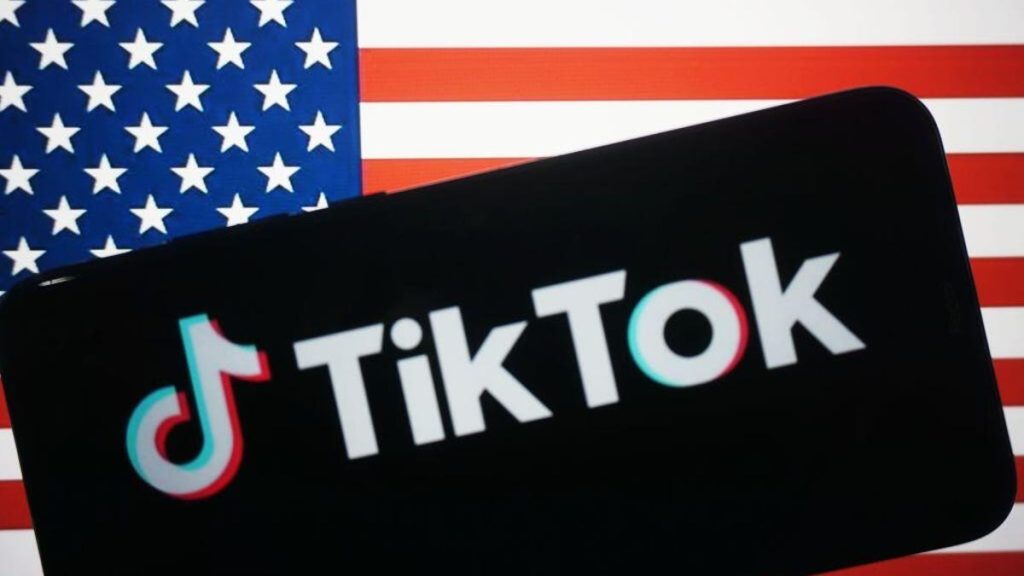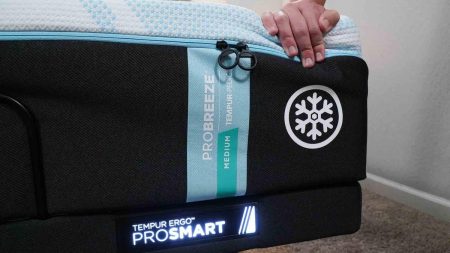Lawmakers in the US House of Representatives are fast-tracking legislation that could lead to a ban on TikTok, a popular social media platform owned by ByteDance, a Chinese company. The new measure would require ByteDance to sell TikTok to a buyer approved by US officials. This legislation is being attached to an aid package for Ukraine and Israel and will be voted on in the House soon, followed by a Senate vote. The bill, which was originally introduced in March, aims to address concerns about national security and potential Chinese government surveillance through TikTok.
TikTok has voiced opposition to the legislation, claiming that it would trample on free speech rights, disrupt businesses, and harm the US economy. With over 150 million American users, TikTok denies any connection to the Chinese government or spreading disinformation. However, lawmakers from both parties have expressed concerns about the app’s potential risks and influence on American users. Ahead of the March vote, TikTok rallied its US users to urge representatives to vote against the legislation, but now faces the possibility of being forced to sell or shut down.
If the legislation passes and TikTok is banned, experts anticipate legal challenges from free speech advocates and the tech industry. Despite lacking direct evidence of Chinese government ties or surveillance, the bill is intended to prevent potential threats to national security. The future of TikTok remains uncertain as the bill continues through the legislative process. The legislation aims to ensure that ByteDance no longer has access to user data or control over the TikTok algorithm and provides a timeline for compliance or potential app removal from US app stores.
Senate leadership initially showed reluctance to take up the legislation, but its attachment to an aid package may increase pressure for a vote. Some Senate lawmakers, including Mark Warner and Marco Rubio, have expressed support for the bill due to concerns about national security and the platform’s influence. Former President Donald Trump, who previously called for a ban on TikTok, has since changed his stance, citing concerns about young users losing access to the platform. Despite opposition from free speech and digital rights groups, the bill continues to advance, prompting discussions about broader digital privacy laws.
Opposition to the bill comes from free speech and digital rights groups who argue that addressing TikTok specifically does not address larger issues within social media. These groups advocate for comprehensive digital privacy laws to protect Americans’ personal information from all social media companies. The Electronic Frontier Foundation and Fight For the Future emphasize the need for data privacy legislation to prevent foreign adversaries from accessing personal data. The debate over the ban on TikTok highlights broader concerns about data protection, censorship, and national security risks associated with social media platforms.















